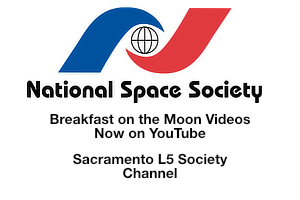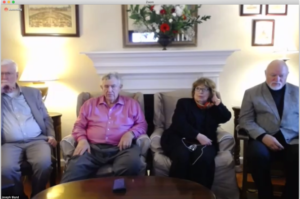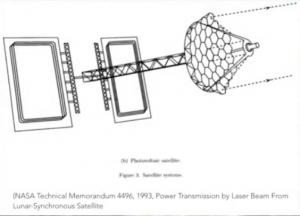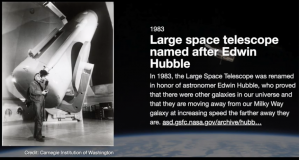Breakfast On The Moon principally celebrates the 50th anniversaries of the Apollo manned missions to the Moon. Breakfast On The Moon #3 is the third in the series.
Jim Lovell
Part 1 of 7 parts. It is incredibly fitting that we can welcome the Commander of Apollo 13, Captain James Lovell, should speak to the world on this particular day. He speaks both of his flight around the Moon on Apollo 8 and his storied flight around the Moon on Apollo 13.
C D Carson
Part 2 of 7 parts. Part 2 continues the celebration of the Apollo missions with a commentary by C D Carson, a notoriously avid “Moon First” advocate.
Janet Ivey
3rd of 7 parts. Part 3 highlights Janet Ivey of http://janetsplanet.com as she discusses a proposal to make July 20th Space Exploration Day, a permanent (nonpaid) Federal Holiday for July 20th. July 20th is, of course, the day Apollo 11 landed on the Moon, and Neil Armstrong became the first human to set foot on another planet.
Mark and Karen Lucas
Part 4 of 7 parts. Mark and Karen Lucas are representatives from Yuri’s Night. This year, we invited Yuri’s Night to send a representative, as we wanted to honor Yuri Gagarin’s
Fred Becker
Part 5 of 7 parts. To honor Space Shuttle STS-1, the first space shuttle to orbit the Earth, Fred Becker speaks of his times working for NASA on STS-1, backdropped by videos of the actual flight.
Anita Gale
Part 6 of 7 parts. Our celebration of STS-1 continuers as Anita Gale, is a retired Boeing engineer, with 40 years of experience as a Project Engineer and Systems Engineer on the Space Shuttle and Commercial Crew programs, walks us through what it was like to be an engineer working to build the Space Shuttle.
William Johnstone
Part 7 of 7 parts. The Hubble Space Telescope is arguably the single most important scientific instrument to have ever been put in space. Bill was the Lockheed/Martin manager in charge of all aspects of constructing those portions of the Hubble that were not directly related to its optics, and as such helps us celebrate an instrument that literally expanded or view of the universe we live in far beyond what had been possible until then.



